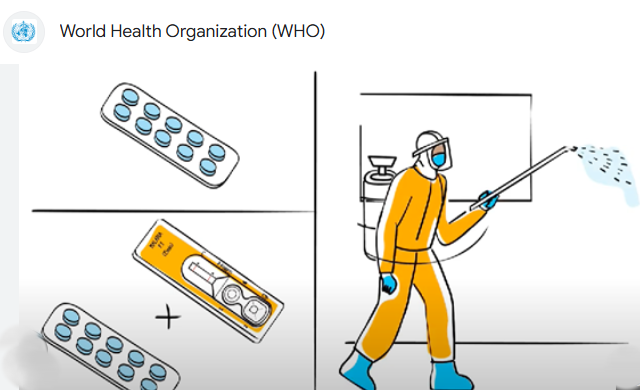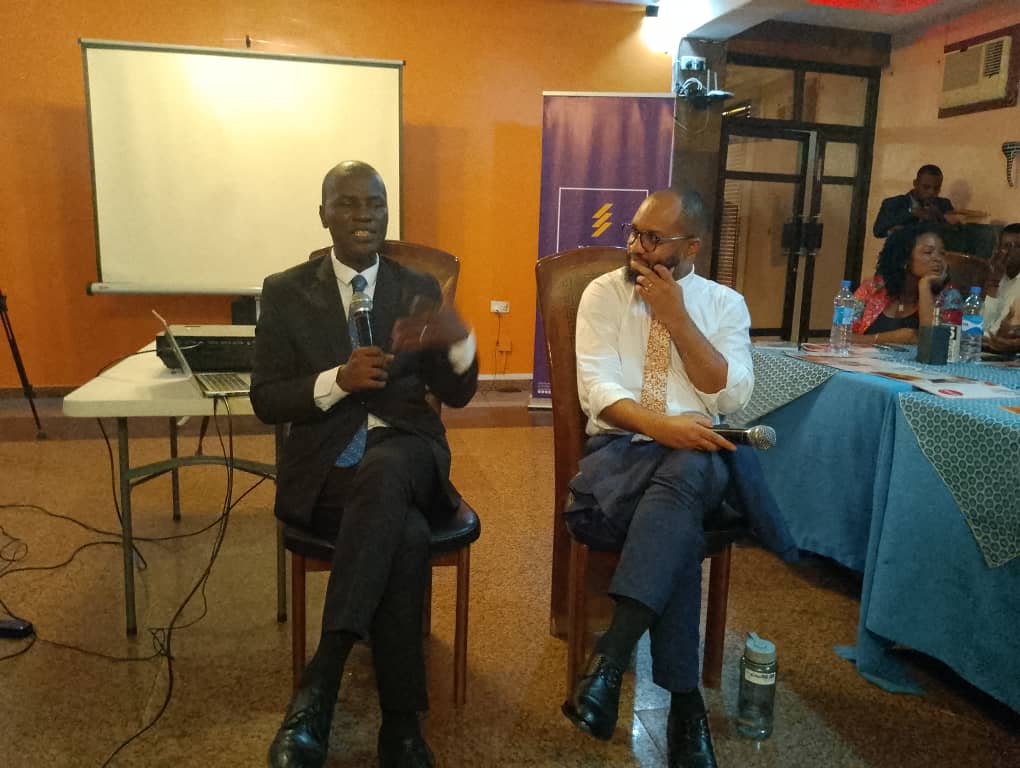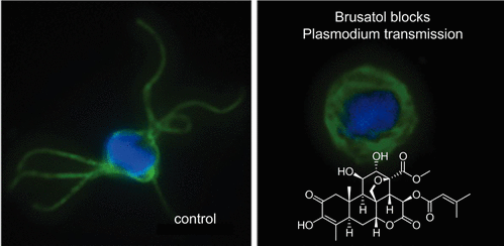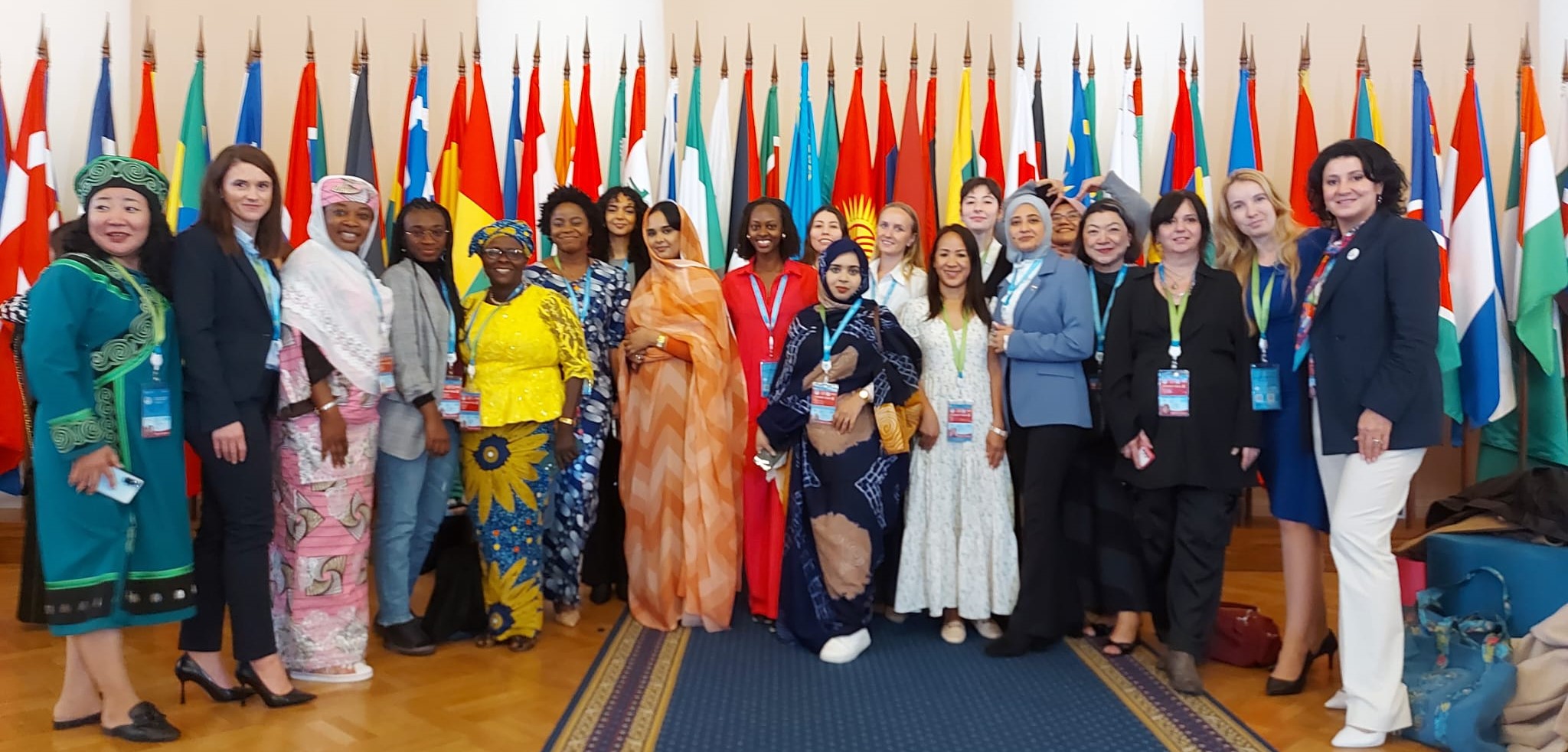By Joke Kujenya
THE WORLD Health Organization (WHO) continues to push for a world free from malaria.
A major goal set by WHO’s “Global Technical Strategy for Malaria 2016–2030” aims to eliminate malaria in at least 30 countries by 2030.
Achieving this involves intense efforts to stop indigenous malaria transmission. WHO certifies countries as malaria-free if they achieve three consecutive years without local cases.
Since 2015, 12 nations have earned this certification.
In 2017, WHO introduced the E-2020 initiative, targeting 21 countries with the potential to reach zero indigenous malaria cases by 2020.
Building on this, WHO launched the E-2025 initiative to continue driving progress. In June 2022, WHO released new recommendations for the final phase of malaria elimination, focusing on “mass,” “targeted,” and “reactive” strategies.
These strategies are designed to either cover entire populations in specific areas, target high-risk groups, or respond swiftly to emerging cases.
The push to eliminate malaria is supported by the Technical Advisory Group on Malaria Elimination and Certification (TAG-MEC).
This group evaluates and advises on whether a country is ready for malaria-free certification.
On World Mosquito Day 2024, WHO highlighted innovations that help maintain the momentum against malaria.
The fight against malaria requires adapting to evolving challenges, including changes in mosquito behavior and external environments.
Innovations range from optimizing current tools to developing new methods for controlling the spread of the disease.
One area of progress is in the malaria vaccine space. After nearly three decades of research, the approval and rollout of the RTS,S and R21 vaccines mark a significant advancement.
These vaccines have shown an impressive ability to prevent malaria, especially in children under five, and represent a crucial addition to malaria prevention strategies.
Another breakthrough is the Sanaria PfSPZ vaccine, which has, for the first time, been shown to protect pregnant women from malaria.
Mosquitoes continue to adapt, changing their feeding habits and becoming resistant to existing insecticides.
To counter this, WHO supports developing new mosquito control strategies, such as spatial repellents and attractive toxic sugar baits.
Researchers are also tracking resistance to antimalarial drugs and insecticides to adjust strategies accordingly.
Understanding human behavior is crucial in the fight against malaria.
For instance, the proper use of insecticide-treated nets (ITNs) depends on people’s willingness to use them regularly.
WHO-supported projects in Nigeria and Uganda are working to address barriers to ITN use by engaging communities and addressing their concerns.
Digital tools are playing an increasingly important role in malaria prevention. Platforms like DIGIT in Mozambique and Red Rose in Nigeria are helping to streamline malaria prevention campaigns by improving data collection, analysis, and decision-making.
Climate change poses another challenge, as it can exacerbate malaria transmission.
WHO is supporting projects that forecast malaria outbreaks and develop real-time surveillance to prepare for and respond to these threats.
Building resilience in health systems ensures that communities remain protected even when environmental conditions worsen.
WHO’s comprehensive approach, blending innovation with traditional methods, is vital in the ongoing battle to eliminate malaria.
The organization’s continued focus on research, adaptation, and community engagement is crucial to reaching the goal of a malaria-free world by 2030.
By Joke Kujenya
IN A small remote village in Mokuro, Ile-Ife, a mother watches over her child, who rests beneath the protective veil of a mosquito net once distributed to families by a civil society organization she could not recall its name.
Her heart skips a beat with every breath he takes, knowing that just one mosquito bite could change everything.
This scene plays out across countless homes, where families live in the shadow of a disease that has plagued humanity for centuries.
Now, there is hope—a growing, determined effort to end malaria once and for all.
The World Health Organization (WHO) has made it a priority to see malaria eliminated in at least 30 countries by 2030.
This ambitious goal is part of the “Global Technical Strategy for Malaria 2016–2030,” a plan that guides countries toward a malaria-free future.
The process is rigorous: to be certified malaria-free, a country must go three consecutive years without any indigenous cases.
Since 2015, 12 countries have achieved this milestone, marking a significant step forward in the fight against malaria.
One such success story is Paraguay, where a young girl named Maria no longer has to fear the bite of a mosquito.
Her family remembers the days when malaria was a constant threat, claiming lives and disrupting their community.
Today, they live in a country that has been certified malaria-free, thanks to the tireless efforts of health workers, government officials, and international organizations, according to the WHO’s latest report.
In 2017, WHO launched the E-2020 initiative, bringing together 21 countries with the potential to eliminate malaria by 2020.
While the road was challenging, this initiative laid the groundwork for continued progress.
Building on the success of E-2020, WHO recently introduced the E-2025 initiative, which aims to support even more countries on their journey to elimination.
However, the fight against malaria is not just about numbers and certifications.
It is about people—families who have lost loved ones, communities that have struggled for decades, and nations determined to overcome this ancient scourge.
The journey to a malaria-free world is filled with challenges, as the environment changes and mosquitoes adapt to control efforts.
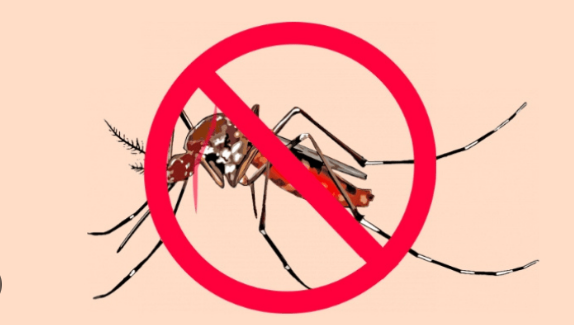
But it is also a journey of resilience, innovation, and hope.
In June 2022, WHO issued new recommendations to help countries in the final phase of malaria elimination.
These recommendations include three categories of interventions:
“Mass” strategies, which target entire populations in specific areas;
“Targeted” strategies, which focus on high-risk groups; and
“Reactive” strategies, which respond quickly to new cases.
These strategies are designed to adapt to the unique challenges each country faces as it works to eliminate malaria.
Throughout this journey, WHO has been supported by the Technical Advisory Group on Malaria Elimination and Certification (TAG-MEC).
This group of experts reviews the progress of countries seeking malaria-free certification and offers guidance on the best path forward.
On World Mosquito Day 2024, WHO highlighted the innovations that are helping to keep the world one step ahead of malaria.
These innovations range from optimizing existing tools to developing new ones, such as the RTS,S and R21 malaria vaccines.
These vaccines, which have been in development for nearly 30 years, represent a breakthrough in malaria prevention.
Clinical trials have shown that these vaccines can prevent 75% of malaria cases among children under five, a critical age group that is particularly vulnerable to the disease.
For mothers like Amina in South Sudan, the rollout of these vaccines means a brighter future for her children.
Amina remembers the fear that gripped her every time one of her children fell ill with malaria.
But now, with the protection offered by these vaccines, she can finally breathe a little easier.
Yet, mosquitoes continue to evolve, changing their feeding habits and developing resistance to insecticides.
To counter this, WHO supports the development of new mosquito control strategies.
These include spatial repellents, attractive toxic sugar baits, and environmental management techniques that disrupt mosquito breeding sites.
In Mozambique, researchers are monitoring genetic markers that indicate resistance to antimalarial drugs, providing critical data that helps guide the ongoing fight against malaria.
Understanding human behaviour is also crucial in this fight.
In Nigeria and Uganda, the GiveWell-funded Be In A Net project is exploring why some people do not use insecticide-treated nets (ITNs) despite the protection they offer.
The project engages communities to find solutions that resonate with their needs and concerns, ensuring that more people sleep safely under a net each night.
Digital tools are playing an increasingly important role in malaria prevention.
In Mozambique’s Nampula province, the DIGIT platform is enhancing the delivery of seasonal malaria chemoprevention (SMC) campaigns.
Similarly, the Red Rose platform in Nigeria has digitalized ITN campaigns, making them more efficient and effective.
These tools allow countries to better collect, analyze, and use data to protect their citizens from malaria.
Climate change presents another challenge, as it can increase the spread of malaria.
In Uganda, the NIHR-funded FORECAST project is using real-time surveillance and predictive models to forecast malaria outbreaks.
This helps countries prepare for and respond to potential threats, ensuring that communities remain resilient even in the face of environmental changes.
The journey to eliminate malaria is not just a global health priority; it is a mission to save lives and build a healthier future for all.
The determination of health workers, researchers, and communities around the world continues to drive progress, bringing us closer to a world where no one has to fear the bite of a mosquito.
At JKNewsMedia, our dedication to delivering reliable news and insightful information to our cherished readers remains unwavering. Every day, we strive to provide you with top-notch content that informs and enlightens. By donating to JKNewsMedia, you directly contribute to our mission of delivering quality journalism that empowers and informs. Your support fuels our commitment to bringing you the latest updates and in-depth analysis. Let's continue to uphold the highest standards of journalism and serve our community with integrity and dedication. Thank you for being a part of the JKNewsMedia family and for your ongoing support.


